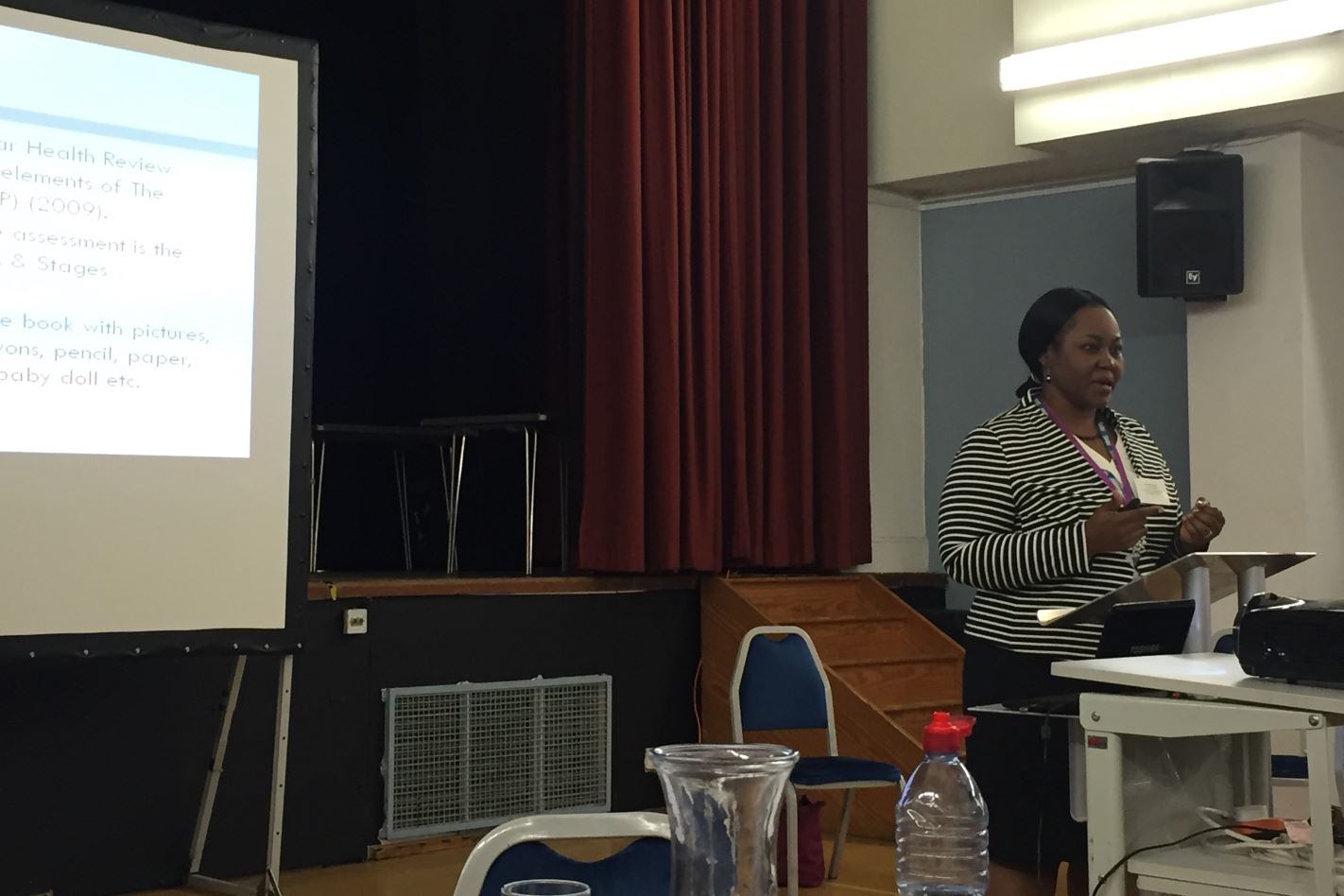The iHV welcomes the launch of the parent and carer consultation into the state of provision for children and young people’s speech language and communication needs being run by I CAN and the Royal College of Speech and Language Therapists (RCSLT).
Findings from our iHV State of Health Visiting survey 2016 reveal that 72% of health visitors reported seeing an increase in children with delayed speech and communication development. This is up from 64% in the 2015 survey – an 8% rise.
The iHV shared its findings with the children’s comunication charity I CAN and the Royal College of Speech and Language Therapists (RCSLT), who are currently gathering evidence to inform a major new review into children’s speech and language.
The final report and recommendations will be published in 2018, marking 10 years since the Government published The Bercow Report: a Review of Services for Children and Young People (0-19) with Speech, Language and Communication Needs.
Dr Cheryll Adams CBE, executive director, iHV, commented:
“The iHV welcomes the launch of the parent and carer consultation into the state of provision for children and young people’s speech language and communication needs being run by I CAN and the Royal College of Speech and Language Therapists (RCSLT). Health visitors, through their mandated contacts and other contacts, are well placed to review children’s language and communication skills – however, they report a higher number of children with delayed language and communication development. Communication is an essential life skill, and we need to ensure that parents and families can support children to develop these critical skills so that all children can have improved life outcomes.”
The second phase of evidence gathering opens today, giving parents and carers an opportunity to share their views of information and provision for their child’s SLCN. Seeking the views of parents and carers of children with SLCN will help us to ensure the Bercow: Ten Years On review recommendations are firmly rooted in the reality of their experience.
Parents and carers are encouraged to share their views via a short online survey – which will be open until 30 June 2017.
The online survey for practitioners remains open.



